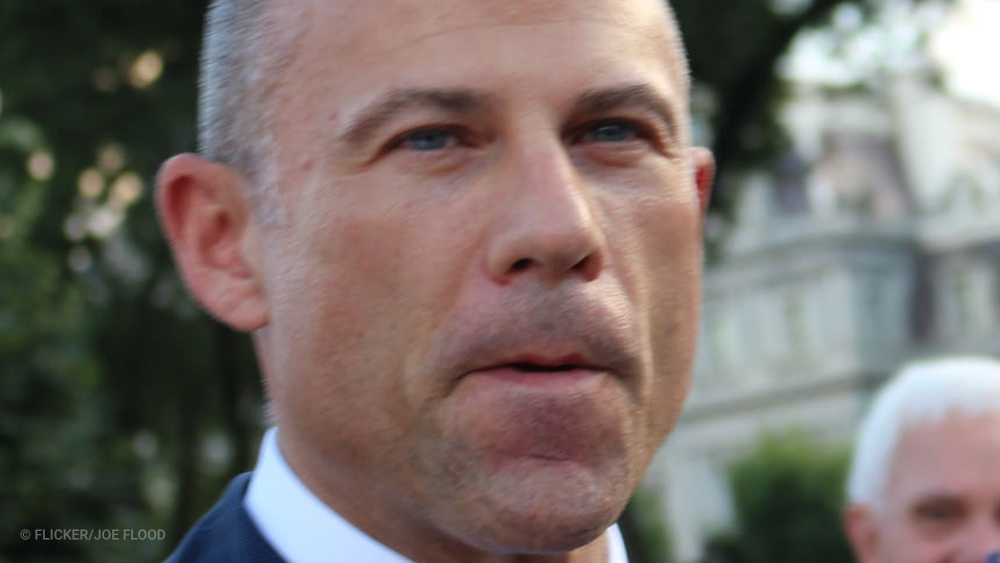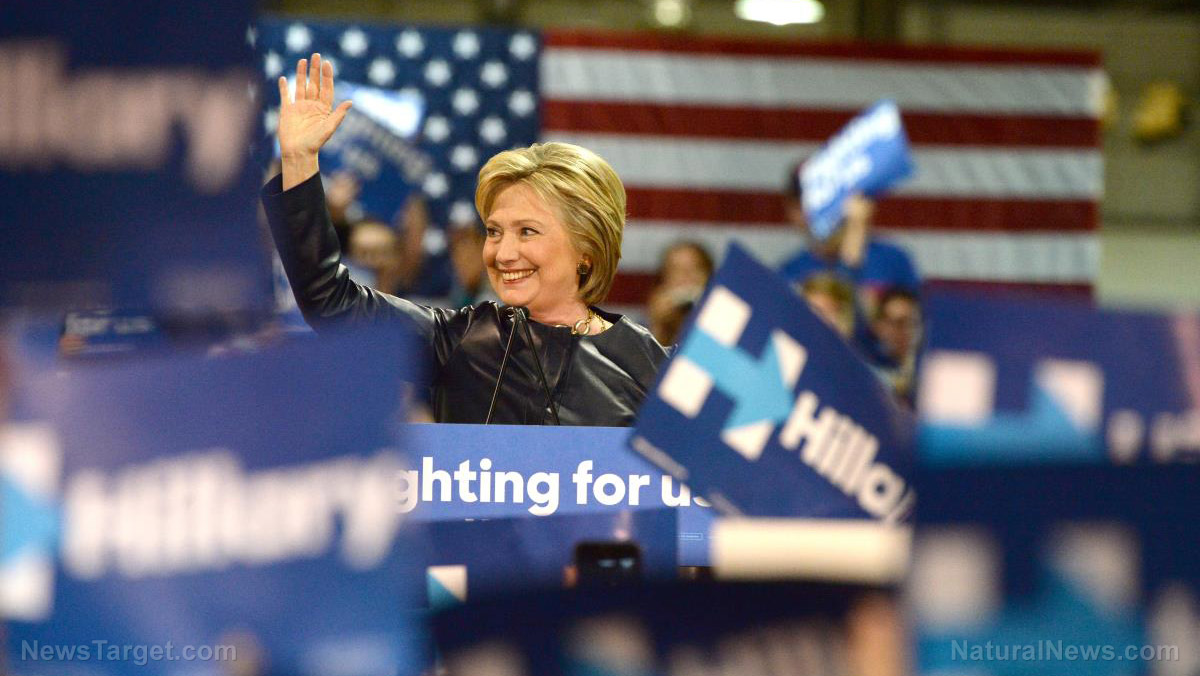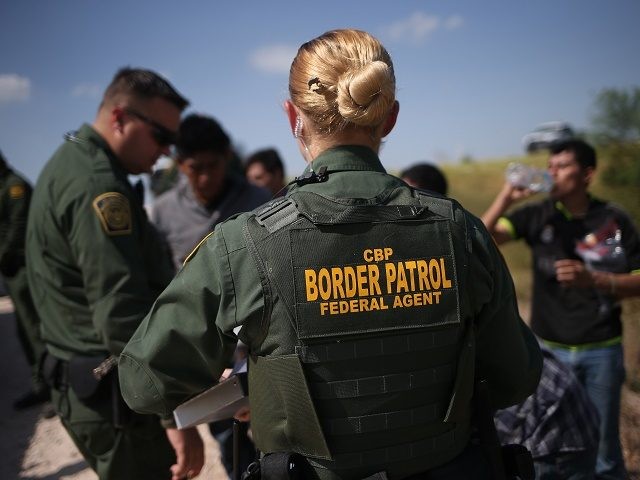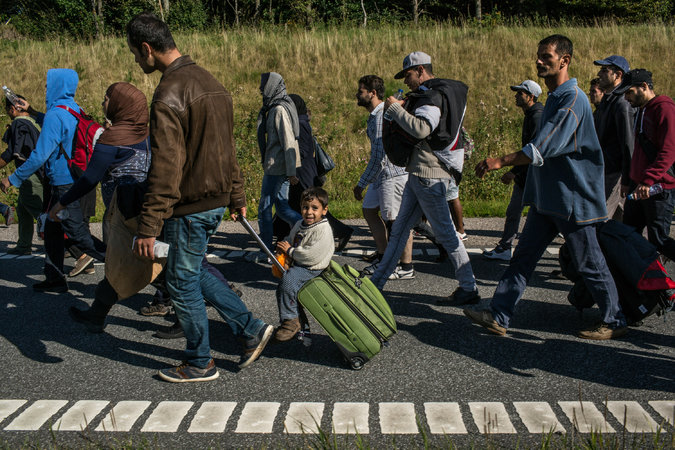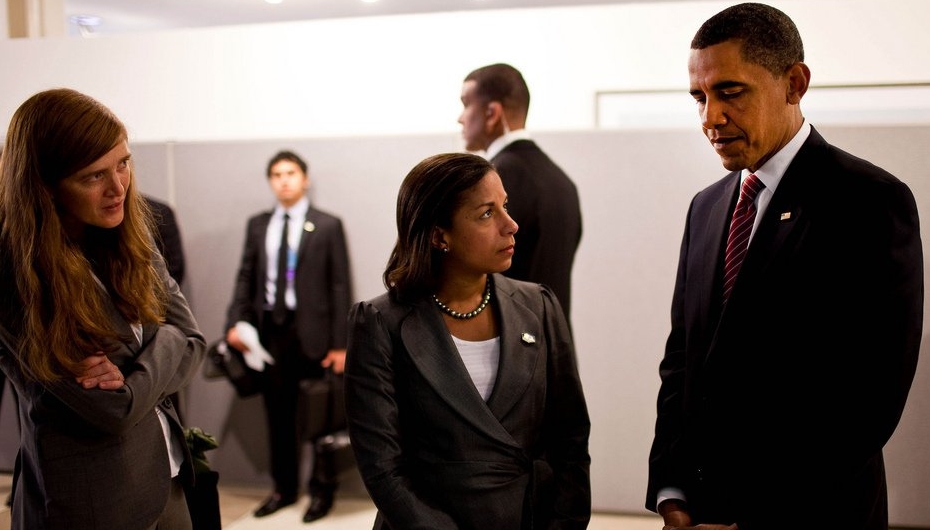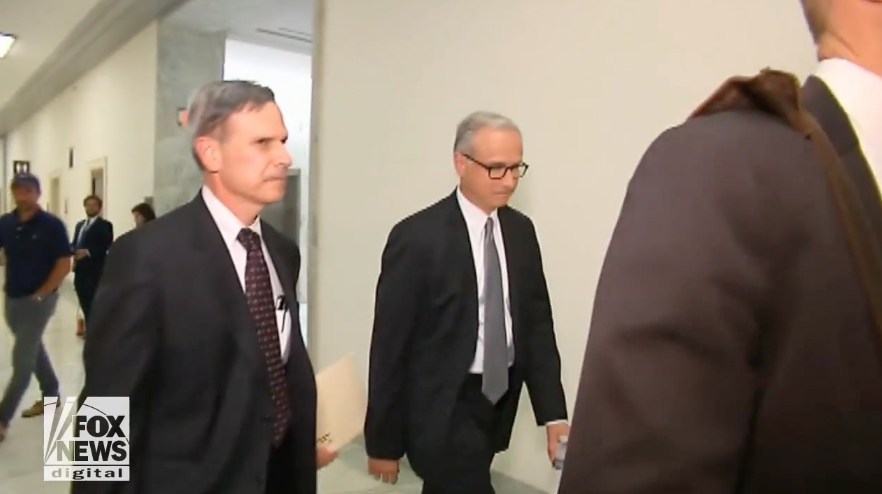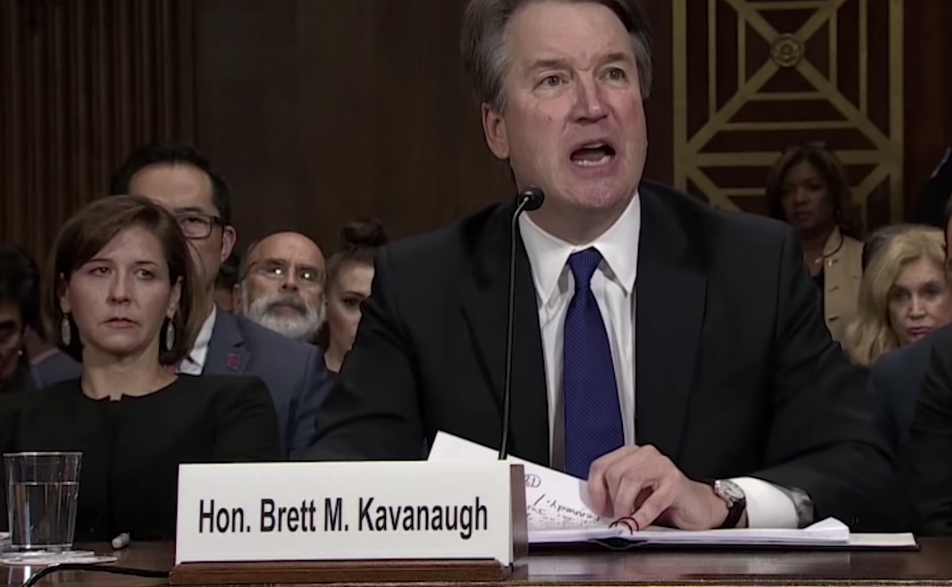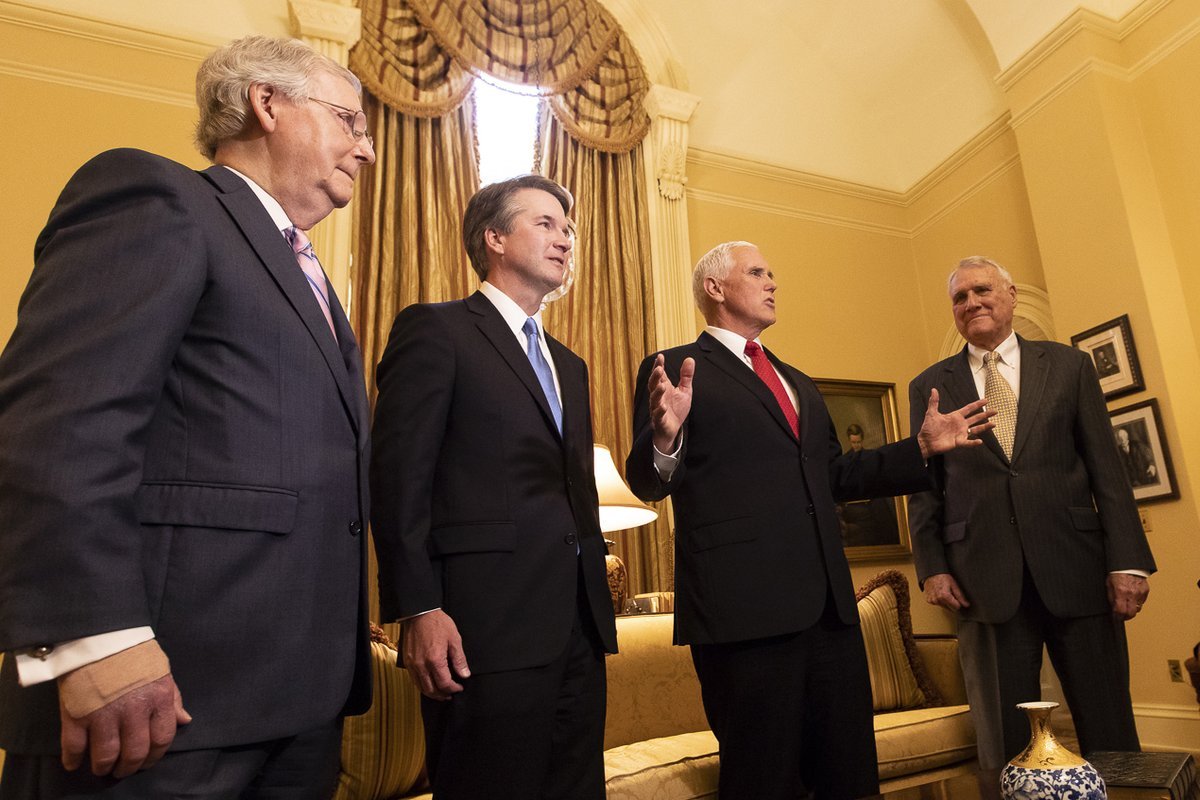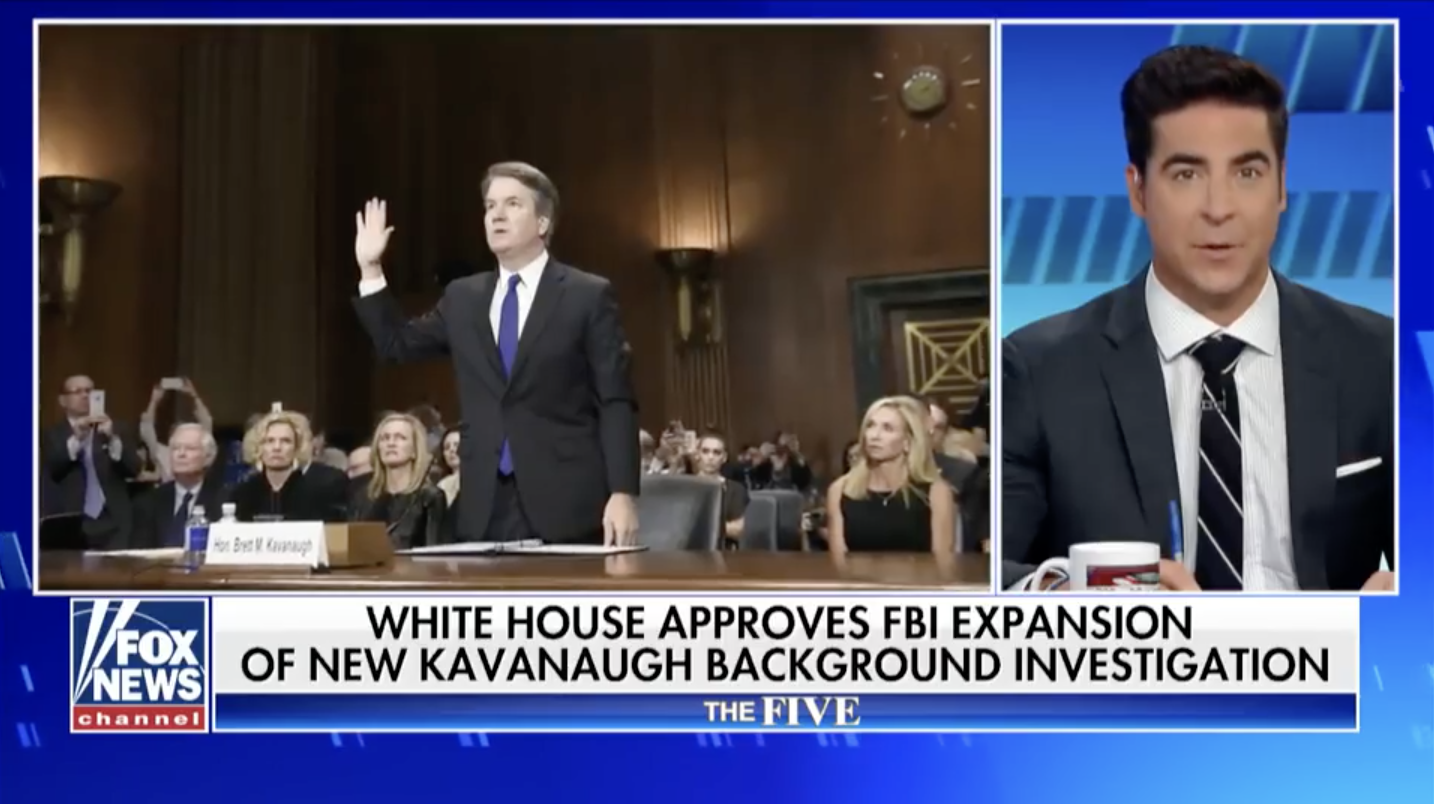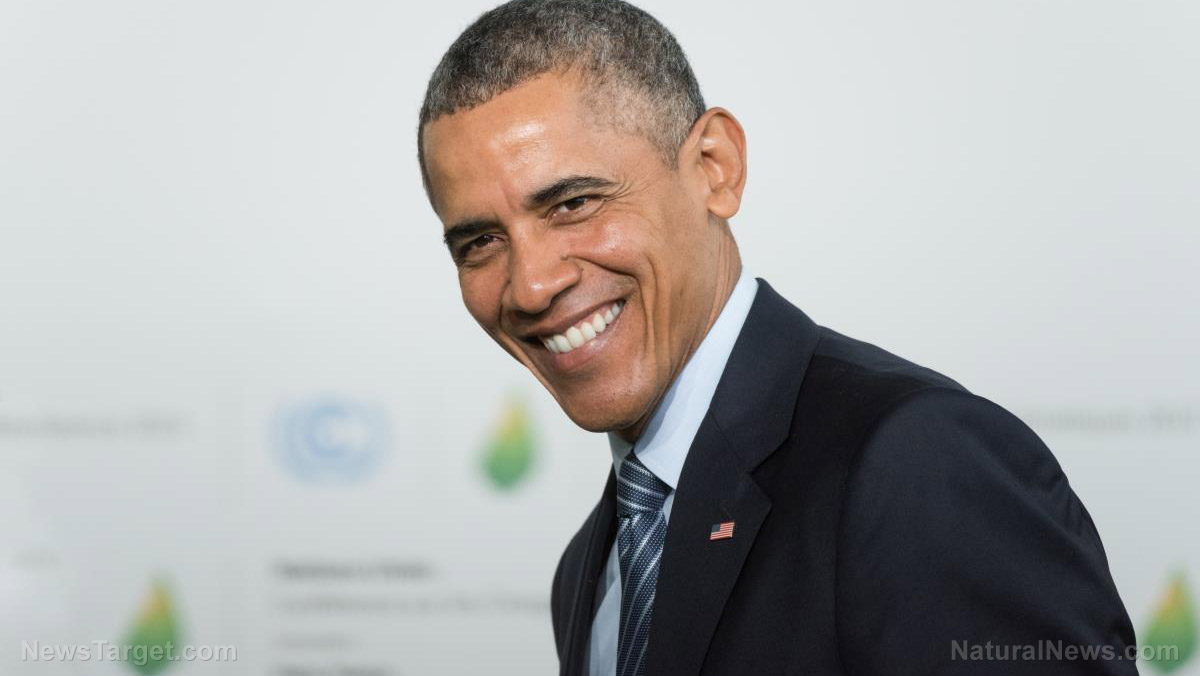China is double dealing: Secret documents show them promising nukes to North Korea
01/12/2018 / By Jayson Veley
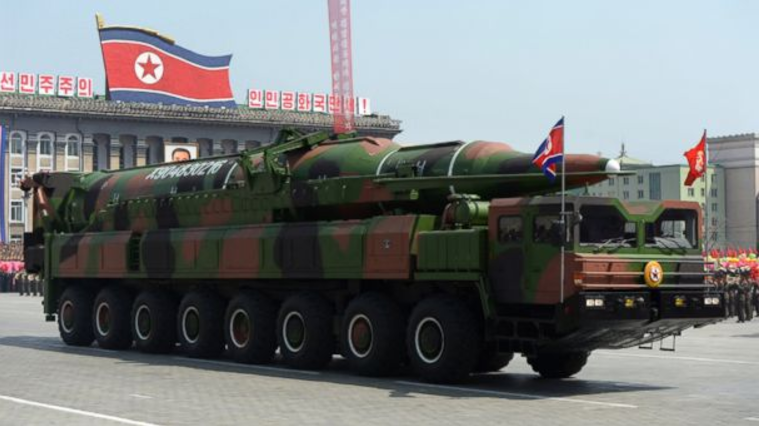
Other than the rise of radical Islam, one of the biggest threats that America faces today is North Korea, which in recent months has demonstrated that it has the ability to strike the United States with a nuclear warhead. However, if there’s any truth in a recently released document published earlier this week by the Washington Free Beacon, North Korea isn’t the only country in that region of the world that the United States has to worry about.
As reported by LifeZette, a secret government document that was obtained by an American journalist has revealed that Chinese officials are still supplying the regime with vital resources such as oil, and are even promising to give the North Korean government more nuclear missiles. (Related: North Korea can now kill off 90 percent of the U.S. population with a single warhead.)
“The document, labeled ‘top secret’ and dated September 15 – 12 days after North Korea’s latest underground nuclear blast – outlines China’s plan for dealing with the North Korean nuclear issue,” explained WFB’s national security reporter Bill Gertz. “It states Chine will allow North Korea to keep its current arsenal of nuclear weapons, contrary to Beijing’s public stance that it seeks a denuclearized Korean peninsula.”
Gertz went on to say that Chinese officials are also assuring the North Korean government that they will not let the regime to collapse, and that Beijing is planning on applying symbolic sanctions “to avoid punishing the regime of leader Kim Jong-un under a recent U.N. resolution requiring a halt to oil and gas shipments to North Korea.”
In exchange for certain resources, nuclear missiles and reassurance that the North Korean regime will not collapse, China only asked that the North Korean government halt its nuclear testing program, and to wait for times to become “ripe” to take steps toward “denuclearization.” Notably, it is still unclear what China means when it says that it will not allow the North to fall apart – does this simply mean that they will provide the North Koreans with enough resources to keep them afloat? Or does it mean that the Chinese will go so far as to retaliate against any country that attacks the North Korean regime? Obviously, neither the former nor the latter are preferable. (Related: New fears of World War III emerge as North Korea tests and ICBM that can “hit anywhere in the world.”)
“Your department should at the same time seriously warn the Korean authority not to overdo things on the nuclear issue,” the document says. “Currently, there is no issue for our country to forcefully ask Korea to immediately and completely give up its nuclear weapons.”
It’s bad enough that the North Koreans are still carrying out missile tests and making threats against the United States, let alone receiving assistance in the form of resources and moral support from neighboring countries. In an ideal world, the North Korean government would agree to denuclearization and choose peace with the United States over war; sadly, however, this is not likely going to happen. That being said, the question that Americans must ask themselves is this: What is the best and most effective way to deter a hostile and unstable regime that is equipped with an arsenal of intercontinental ballistic missiles?
It would be in President Trump’s best interest to adhere to the principle of peace through strength, which is exactly what his administration has been doing since the day he took office. The most recent example of this was when Trump tweeted that his nuclear button was much bigger and more powerful than Kim Jong-Un’s, a move that was met with harsh criticism from the progressive left yet ultimately led to the North Korean regime initiating peace talks with the United States.
It’s unlikely that the North Koreans will stop testing missiles any time soon, but in the meantime, President Trump and his team should continue doing what they’ve been doing all along – letting the world know that the United States is a force to be reckoned with.
Sources include:
Tagged Under: China, national security, North Korea, nuclear, nuclear weapons, President Trump, War, White House



